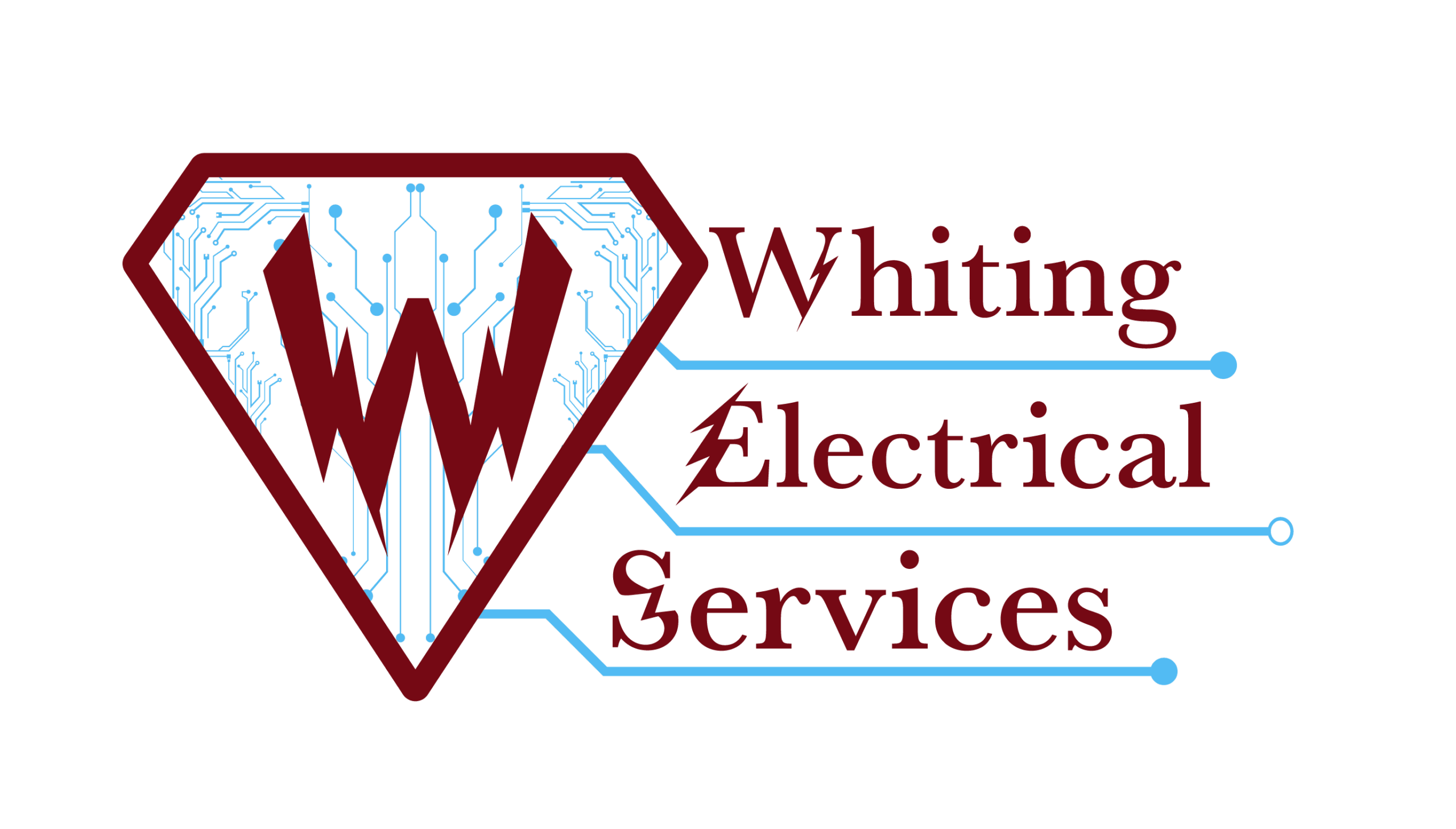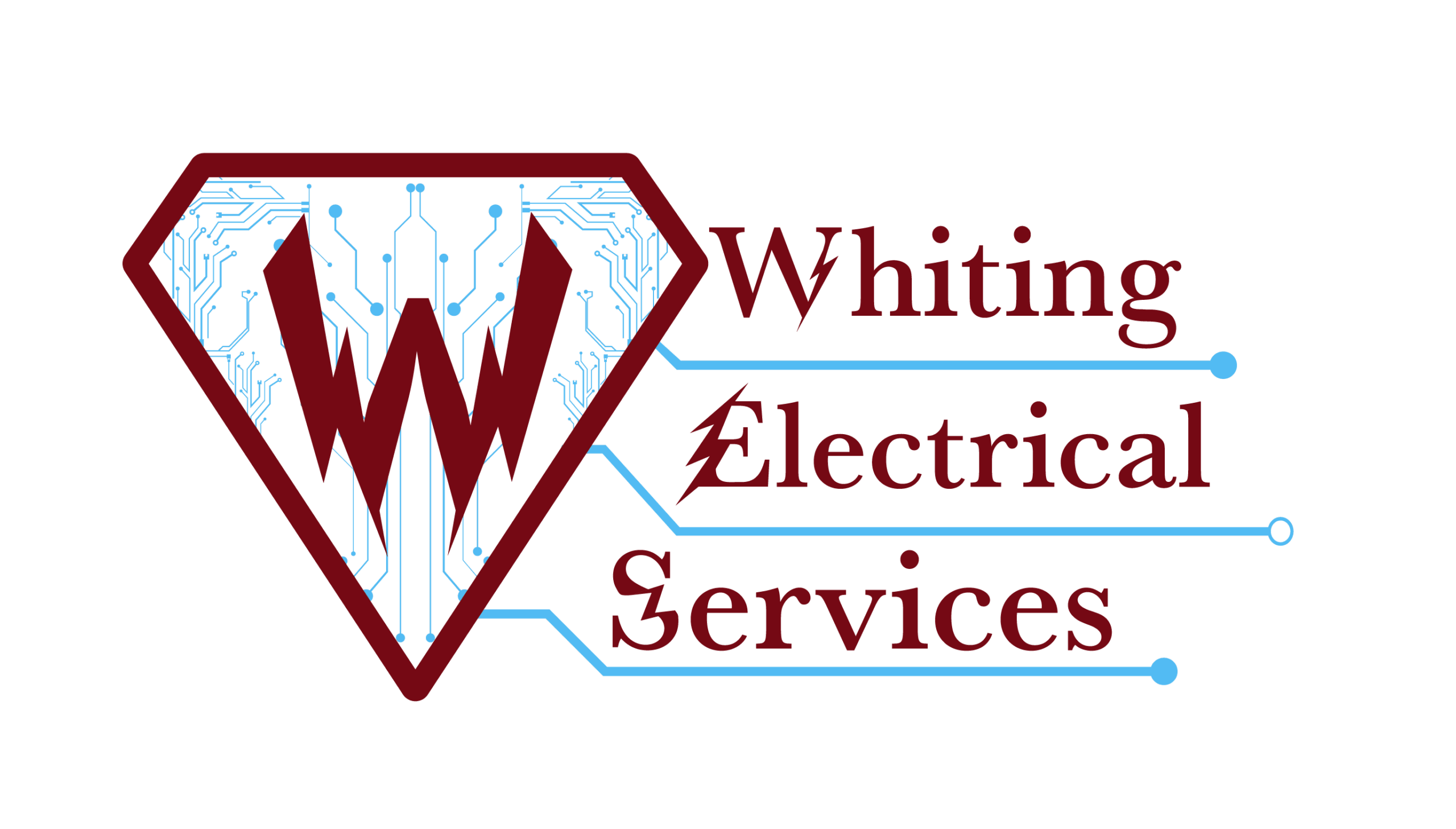How Often Should You Have Your Electrical System Inspected?
Your home’s electrical system is its central nervous system, working silently and reliably behind the walls to power your daily life. Because it operates so flawlessly most of the time, it is one of the most frequently forgotten components of a home. We schedule annual tune-ups for our HVAC systems and regular oil changes for our cars, but the complex network of wires and breakers that keeps our homes safe and functional is often completely ignored until a problem arises.
This “out of sight, out of mind” approach, however, can be a risky one. An electrical system, especially in an older home, can develop hidden issues over time that can compromise its safety and performance. A professional electrical inspection is a proactive and preventative service, a comprehensive health check-up for your home’s most vital system. It is an investment in safety and peace of mind, but it leaves many homeowners wondering how often this crucial service is actually needed.
The General Rule of Thumb for a Healthy System
For a relatively new home with a modern electrical system that is not showing any obvious signs of trouble, a general guideline is to have a professional electrical inspection performed about once every five to ten years. This allows a licensed electrician to get a look at the core components, such as your main service panel, to check for any developing issues like loose connections or signs of corrosion before they can become serious problems.

A more frequent, though less intensive, check-up every three to five years is also a wise practice. This can help to ensure that your safety devices are functioning correctly and that your home’s growing electrical demands are not placing an undue strain on your system. This general timeline, however, is just a baseline. There are a number of specific life events and circumstances that should act as immediate triggers for a professional inspection, regardless of when the system was last checked.
Click to learn more about whether an electrical panel upgrade is right for you.
Critical Times When an Inspection is Non-Negotiable
Certain events in the life of a home dramatically increase the importance of a thorough electrical inspection. These are moments when the status quo has changed, and a professional assessment is required to ensure continued safety and functionality.
One of the most important times to get a dedicated electrical inspection is when you are purchasing a new home. While a standard home inspection is an essential part of the buying process, a home inspector is a generalist, not an electrical specialist. They will typically perform basic tasks like testing outlets and flipping switches, but they are not qualified or permitted to open up the main electrical panel to inspect its internal components. A licensed electrician will perform a much deeper and more thorough evaluation, looking for common but hidden issues like double-tapped breakers, signs of overheating, and outdated or dangerous wiring. This can uncover major, costly problems before you close on the property.
If you live in an older home, generally one that is over 40 years old, a professional inspection is also a critical priority. Many older homes in the Greenville area were built with electrical systems that are now dangerously outdated and were never designed to handle the massive electrical loads of a modern household. An inspection can identify the presence of hazardous systems like knob-and-tube or aluminum wiring, an undersized 60-amp service panel, or a widespread lack of a proper grounding system.
Click here to learn more about home rewiring.
You should also schedule an inspection after any major renovation project. Even if the new work was permitted and performed by a professional, it is a wise move to have the entire system assessed. A major addition or a new kitchen places a significant new load on your existing service panel, and an inspection can confirm that your panel is capable of handling it safely.
Finally, a professional inspection is required when you are planning to add a new, major, high-power appliance to your home. This includes items like a hot tub, a sauna, a tankless electric water heater, or an electric vehicle charging station. A licensed electrician must first perform a load calculation on your main panel to ensure it has the capacity to handle the new dedicated circuit that these appliances require.
What a Professional Electrical Inspection Actually Involves
A professional electrical safety inspection is a comprehensive, top-to-bottom assessment of your entire electrical system. It is a meticulous process that goes far beyond simply checking if the lights turn on.
The inspection always begins at the heart of your system: the main electrical panel. A licensed electrician will carefully and safely remove the front cover of the panel to get a clear view of the internal components. They will be looking for a host of potential problems, including any signs of rust or water intrusion, any discoloration or scorch marks that indicate overheating, and any buzzing or crackling sounds that could signal a dangerous arc fault. They will also check for common wiring errors, such as oversized breakers for the wire gauge they are protecting, or multiple wires connected to a single breaker terminal, a practice known as double-tapping.
Click here to learn more about electrical inspections.
The technician will then move through your home, testing a representative sample of your switches and outlets. They will use a specialized circuit analyzer to test for correct polarity and to confirm that every outlet is properly grounded. A critical part of this process is testing every GFCI outlet in your home to ensure this life-saving shock protection is functioning correctly, as well as testing any AFCI breakers in your panel.
The inspection also includes a visual assessment of the visible portions of your home’s wiring, which are often in the attic or crawl space. They will check the condition of the wire’s insulation and look for any improper or exposed splices in unprotected junction boxes. Finally, they will check your home’s main grounding system to ensure it is intact and providing the proper protection. At the end of the inspection, you will receive a detailed, written report of all the findings, with any potential hazards clearly prioritized.
The Long-Term Benefits of a Proactive Inspection
A professional electrical inspection is more than just a search for problems; it is a powerful investment in your home’s long-term health and your family’s safety.
The most important benefit is, of course, fire prevention. Faulty electrical wiring is a leading cause of residential fires. An inspection can identify the most common causes of these fires, such as loose connections, overloaded circuits, and outdated wiring, allowing you to correct them before a disaster can occur. It also provides a critical safety check for shock hazards, ensuring your grounding system and your GFCI devices are ready to protect you.
An inspection also helps to ensure that your home is compliant with the current electrical codes. This is not just a matter of safety; it is also a financial and legal issue. An up-to-date electrical system can sometimes help you qualify for a discount on your homeowner’s insurance. Furthermore, if you ever plan to sell your home, having a clean bill of health for your electrical system can be a major selling point and can prevent any unexpected, deal-breaking issues from appearing on the buyer’s home inspection report.
Finally, an inspection provides invaluable peace of mind. Knowing that the hidden, powerful system that runs through your walls has been professionally vetted and declared safe allows you and your family to live in your home with a much greater sense of security.
Your home’s electrical system is a complex and potentially dangerous part of your property that should never be a matter of guesswork. While a modern system can operate reliably for years, the risks associated with a potential failure are simply too great to ignore. A proactive, professional inspection is the only way to be certain that your home is free of hidden electrical hazards.
Whether you are buying a new home, living in an older property, or simply want the peace of mind that comes from a professional assessment, we encourage you to make an electrical inspection a priority. If you are a homeowner in Greenville or the surrounding Eastern North Carolina communities, contact the expert, licensed electricians at Whiting Electrical Services to schedule your comprehensive home electrical safety inspection today.









